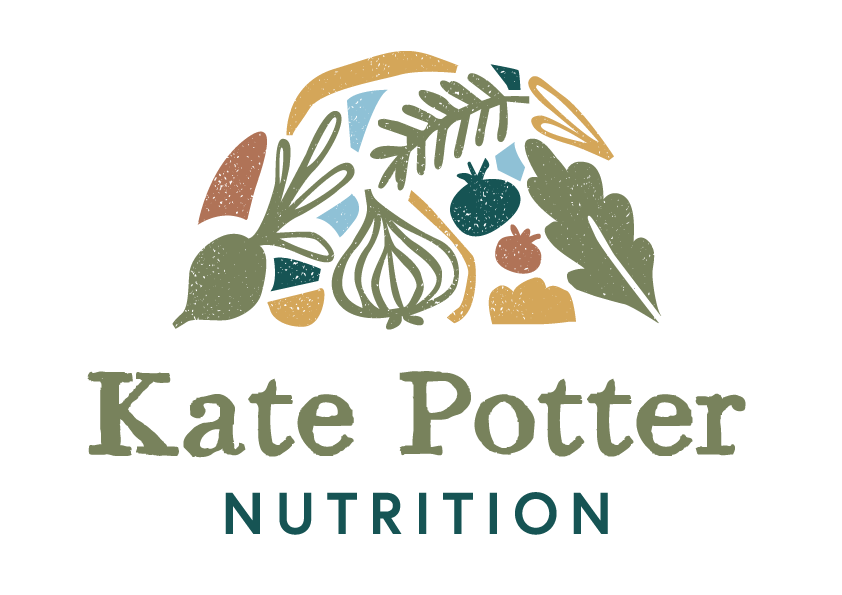What is the link between gluten and autoimmunity?
My passion for food - and particularly for eating a wide variety of foods - is really what drove me to become a registered nutritionist. Yet for now, I do not eat gluten. And I often explore gluten-free diets with my autoimmune clients. I'll explain why.
Firstly, it's worth clarifying the link between coeliac disease and other autoimmune diseases. Unfortunately, if you have an autoimmune condition, your risk of developing coeliac disease is slightly higher. Therefore if you have an autoimmune condition, you may consider getting tested for coeliacs, particularly if you have symptoms.
However, the sensitivity of coeliac testing is not that clear and is known to produce varying results for the same person over time. So a negative test does not necessarily mean you do not have coeliac disease. That's why it's so important to take your symptoms and case history into account as well.
But most people with autoimmunity do not have coeliac disease, yet some of these people may still benefit from avoiding gluten. Why is this?
Research has shown that gluten can impact certain genetically susceptible individuals in a way that is totally distinct from coeliac disease.
This is where the confusion lies for many.
The body naturally produces a substance called zonulin, which regulates intestinal barrier permeability. Research shows that in susceptible individuals, gluten can upregulate zonulin. Dysregulated zonulin levels have been shown to lead to loss of intestinal barrier function.
This means that for some individuals, eating gluten can interfere with the function of your gut barrier, leading to a number of problems, including immune reactions and inflammation.
Research has demonstrated clear associations between impaired intestinal barrier function and autoimmunity.
Clinical evidence appears to support this finding. Certain clients get excellent results on a gluten free diet.
However, it is important to remember that not all those with autoimmunity will benefit from a gluten-free diet. Genetic susceptibility appears to be a key factor. Furthermore, some of the benefits gained from following a gluten free diet may not be due to the removal of gluten, but to something else that has changed as a result of altered eating habits.
If you're looking for a good place to start reviewing the evidence in more detail, this article by Alessio Fasano regarding zonulin, gluten and autoimmunity may be useful.
https://www.ncbi.nlm.nih.gov/pmc/articles/PMC3384703/
Remember, if you choose to try a gluten-free diet, take advice from your health professional first. For most people, avoiding heavily processed gluten free foods is important as these often contain ingredients that can affect intestinal barrier function for different reasons.
If you would like to know more about how our diet and lifestyle can impact our autoimmune conditions, please sign up to my newsletter here.
